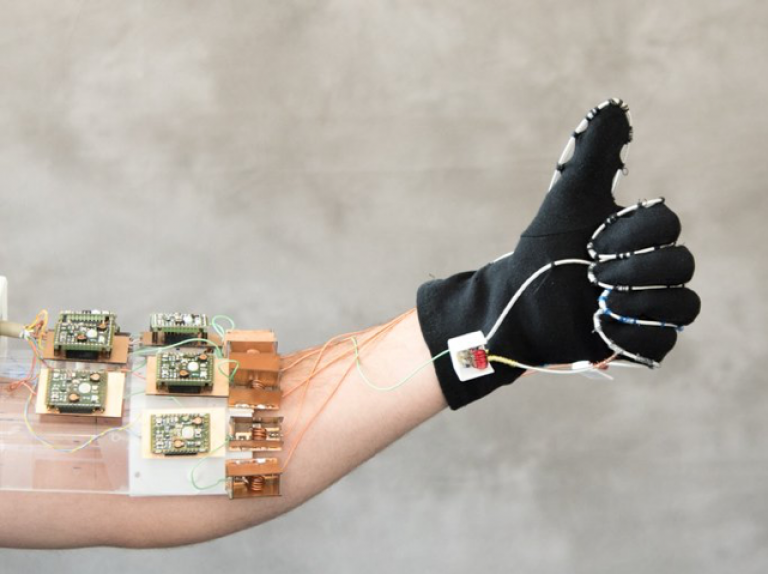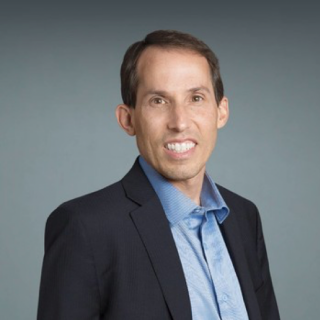FASTMRI, Facebook and the Future of Imaging
12 November 2019, 5:00 pm–6:00 pm

Part of UCL Institute in Healthcare Engineering Colloquium series, in collaboration with Centre for Medical Image Computing
Event Information
Open to
- All
Availability
- Yes
Organiser
-
UCL Institute of Healthcare Engineering
Location
-
106 LT Roberts Engineering BuildingGower StreetLondonWC1E 6BTUnited Kingdom
ABSTRACT
The face of biomedical imaging is changing. This much is clear from a quick inspection of the imaging literature, or of imaging conference agendas, or, increasingly, of the popular press. In the modern radiological landscape, as in the broader landscape of healthcare, disruptive forces and disruptive innovation abound.
One disruptor receiving increasingly far-reaching attention, both in professional circles and in the public eye, is Artificial Intelligence (AI). Taking specific examples from the field of magnetic resonance imaging (MRI), this talk will explore some of the science of AI as applied to the problem of image acquisition and reconstruction, in particular.
Following a quick review of basic principles of image reconstruction with neural networks, I will attempt to highlight differences between purely data-driven learning and what might be called “physics-informed” learning, and will survey early examples of and future possibilities for learning from both static images and time series of imaging data.
I will summarize the goals, working modes, and early outcomes of the recently-announced fastMRI collaboration between NYU School of Medicine and Facebook’s Artificial Intelligence Research team. I will then proceed to trace some noteworthy recent trends in biomedical imaging which may be enabled or enhanced by AI, including a move from traditional snapshots to continuous streaming of imaging data, and a transition from imitating the eye to emulating the brain when it comes to analyzing these data streams.
After assessing the potential impact of such trends on future imaging hardware, I will conclude with a few speculations on how AI and abundant sensor data may affect future modes of perception, both of the interior world of our bodies and of the exterior world that surrounds them.
About the Speaker
Dr Daniel Sodickson
Vice-Chair for Research, Department of Radiology at NYU

 Close
Close

